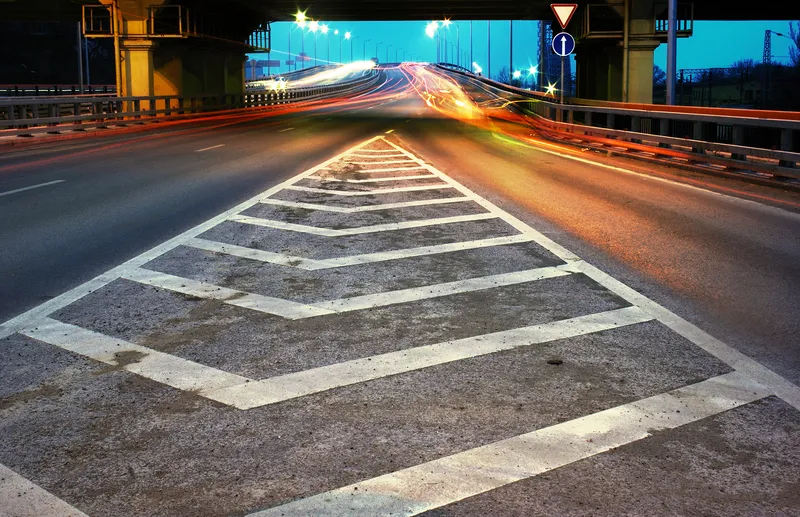
Lidar specialist Innoviz Technologies is to deploy its Bridge Collision Detection solution on highways, tunnels and bridges across Israel.
The company has an agreement with toll operator Drive Group to roll out the technology, and says that around 15,000 bridge and tunnel collisions occur each year in the US, with an average cost for repair of $18,000 per incident.
Its solution uses data gathered from Innoviz Lidar sensors from both sides of a highway, several kilometres ahead of the entrance to a bridge or tunnel.
This system establishes a safe operating zone and identifies vehicles with heights or widths exceeding predefined ranges determined by the road operator.
System alerts can trigger a camera to identify and share licence plate information with local authorities, who can intervene and stop the vehicle to prevent potential collisions.
"There is no reason to accept the present situation of bridge and tunnel accidents," says Innoviz CEO and co-founder Omer Keilaf.
"It is estimated that 2-3% of the world's bridges are damaged every year, and we believe the technologies being developed at Innoviz can be a game changer for roadways across the world."
Innoviz says its method "shows potential in significantly reducing false alarms from camera–based software systems"
It adds that a Lidar-based system offers "a truer, more accurate 3D visualisation of a vehicle's dimensions".
Drive Group is set to become a global distributor of the technology for highway and local authority customers.
CEO Itamar Ben Meir says it has "found a potentially world-leading solution right here in Israel".









